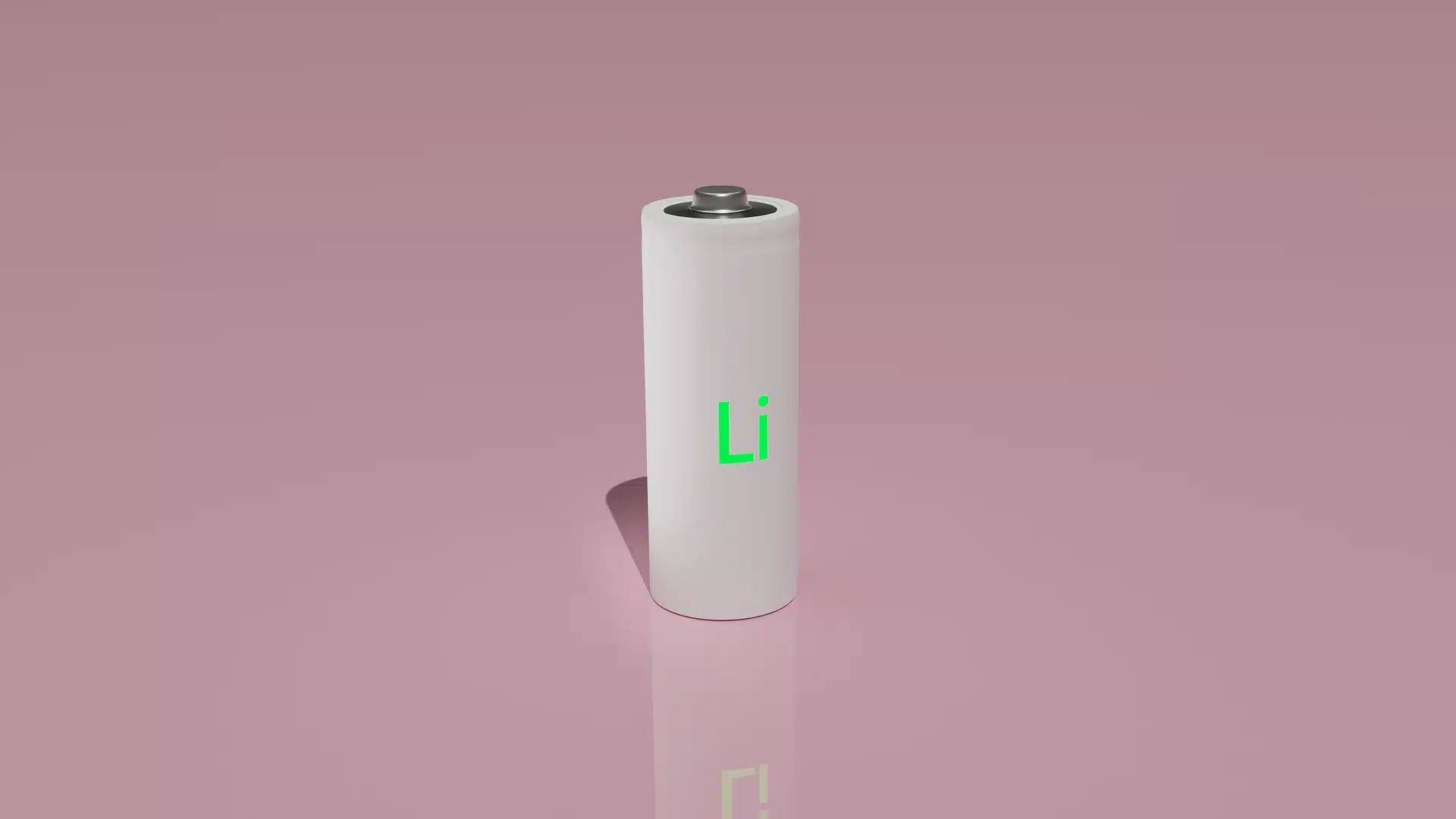While lithium has become the material of choice for creating rechargeable batteries for cleaner, more sustainable transportation, as well as other purposes, the increased worldwide demand for the mineral has challenged processing and mining companies to keep up without much success. The ongoing global fuel crisis has also compounded the issue, leading to a substantial increase in the price of lithium.
The New Gold Rush
The race to find new, more sustainable, and economically viable sources of lithium has been referred to by industry experts as “the new gold rush,” one that’s prompting giants in the industry like China to go far afield from home shores in search of the mineral.
Africa is China’s current point of focus. The continent has long been seen as a great source for green minerals, and China – which produces up to 80% of the world’s supply of lithium – sees it as its next potential moneymaker. For context, China has already bought into several key lithium mines in other lithium-rich nations in South America, as well as Australia.
BYD, a Chinese conglomerate, is currently poised to purchase six lithium mines in different parts of the continent.
However, things are not always so promising: Zijin, another Chinese mining company, is presently embroiled in a dispute with Australian firm AVZ Minerals for control over the world’s largest natural lithium deposit, the Manono mines.
But China’s interest in African lithium has prompted companies in other nations to reconsider any lithium initiatives they’ve either overlooked or passed up on.
Likewise, countries at the forefront of Africa’s mining sector gathered in Cape Town in May of this year to discuss the potential of lithium and other minerals that may play a key role in the renewable power industry. South Africa, in particular, is the world’s largest producer of platinum, while Zimbabwe ranks third – and platinum is a key material for the production of both EVs and hydrogen-powered transport.
Who Else is Getting In On the Action?
Meanwhile, the United States and Canada are also looking for ways to support mining initiatives in the sub-Saharan part of the African Continent. However, a need to reduce dependence on imported components in the automotives industry has become a stumbling block to their progress. It has prompted both nations to seek domestic sources for key elements if they are to redesign a vertically-integrate manufacturing process.
This, in itself, is a major challenge as lithium in its natural state is in short supply in North America. But an ongoing research project between Canada’s University of Manitoba and Snow Lake Lithium seeks to explore the mineral inventory of the latter’s Thompson Brothers site. Set to run for two years, this initiative is expected to redesign the country’s minerals and metals strategy in the long run. However, some critics say that the project is too little, too late.
Nevertheless, Snow Lake Lithium’s management team has expressed hope that their work will result in the world’s first all-electric lithium mine and lead to a steady supply of the mineral for North America.







